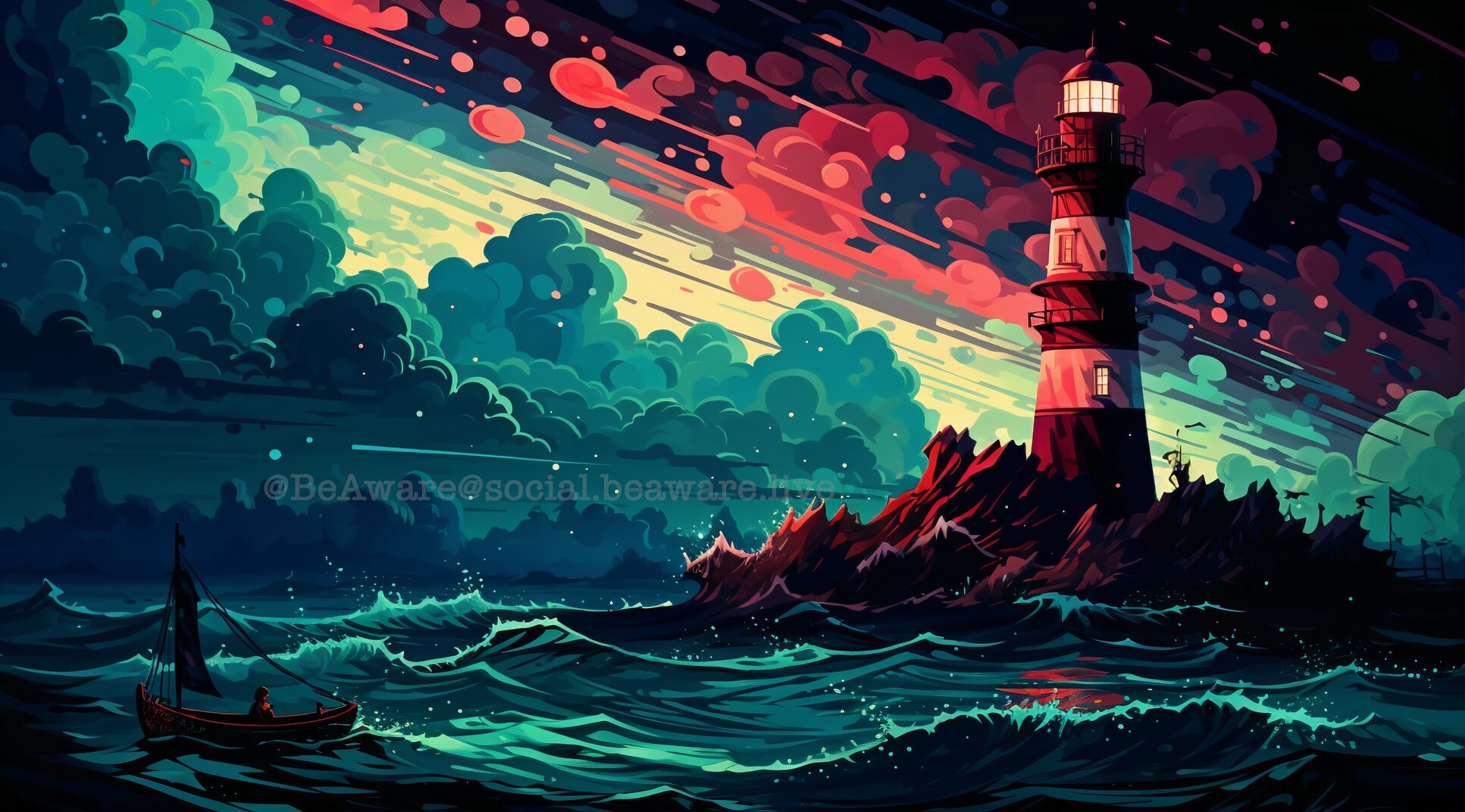Hi everyone, thanks for dropping in. Today we’re going to discuss something that is really important to me. A.I. art and copyright.
Now, as most of you know, I am a HUGE supporter and creator of A.I. art through the use of Midjourney and/or Stable Diffusion. I am not artistically or financially gifted so I can neither create or purchase man-made art. That doesn’t mean I don’t value it. I value it a ton. I mean, come on, it’s gotten us to where we are today.
And yes, I do understand the concerns about unauthorized web scraping of content and use of said content to train A.I. without compensation. But you should NOT attack the USERS of this technology. Who you should be attacking is the MULTI-BILLION dollar corporations making the technology.
By attacking the users, all your doing is using the “use less plastic” argument against people who have no control over the actual spread of the technology.
This is not the point of this post though, so let’s move away from that and try to focus on this new piece of controversial bullshit that has happened this week. That is, the court case that claimed A.I. generated content cannot be copyrighted.
HO LEE SHIT. What an asinine thing for a court to say. For some reason, people think that you put in 2 words as a prompt and get EXACTLY what you want. Sure, this may be the case for simple folks who are just looking for a pretty wallpaper, but for those that actually want to share their creations and feel fulfilled in their art, this is definitely not the case.
For instance, take this piece I created yesterday.

To create this image, I found a piece online that I liked, contacted the original artist (@lashman) and asked their permission to use it as inspiration. They gave their approval and I searched through images on Midjourney with lighthouses to get something similar to what I wanted. I found 10 different pieces and took 1 part of their prompts that I liked. Then I added my own words for personal creativity, like the colors and styles.
Once I did that, I ran it through Midjourney and got something close. THEN I remixed it, changing the prompt details that weren’t mine into something that was mine.
This is that final prompt: painting pixel art wallpaper pixel art painting wallpaper night ethereal night water, waves art, pixel art, ocean sky, lighthouses, sunset, in the style of colorful post-impressionism, maroon and cyan –ar 128:71
Now, how many people can come up with something like that with no prior experience with the technology, just throwing a few words into the prompt? Not many, I’d wager.
In which case, why shouldn’t my time and effort and experience be valued and subsequently able to be copyrighted? It makes no sense and is just a slap in the face for the sake of slapping someone.
This post comes off the heels of someone blatantly downloading and re-uploading my non-watermarked content as their own and getting caught red-handed.
What this court has done is dangerous and leaves a ton of people with stolen creativity and no recourse for their time and effort.
I will continue to create and post my A.I. artwork. Although this has definitely changed the way I will watermark and how diligently I will watermark from here on out.
As always, thanks for reading my rant and coming to my blog, friend! Remember, be nice to each other and you’ll get the same respect back.
P.S. this is a controversial topic, if you don’t agree, there’s no need to be rude or attack anyone. Simply disagree and move on. We can all get along, even though we disagree.
Leave a Reply